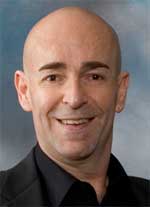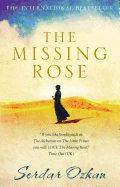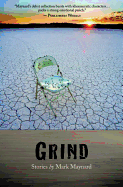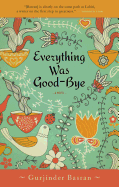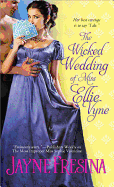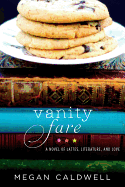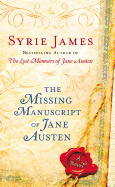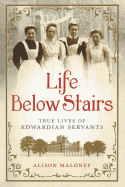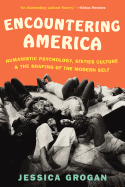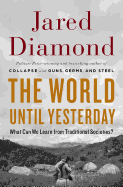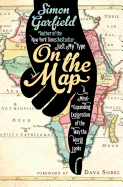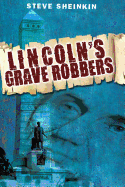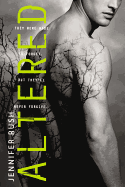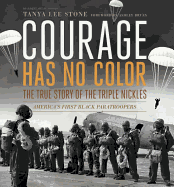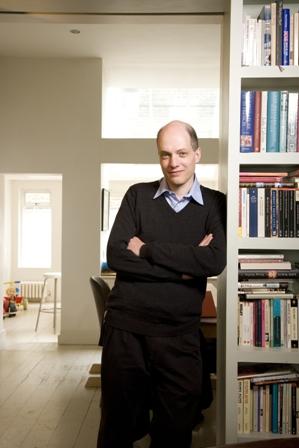 |
| photo: Vincent Starr |
|
Alain de Botton writes books that make readers think in new and unusual ways, melding ideas, culture, class, philosophy and life laid out under a microscope. He has written about Proust, employment, the benefits of religion to atheists and his stint as "writer-in-residence" for a week at Heathrow Airport. His newest book, How to Think More About Sex (December 24, 2012), is a lead title in the new School of Life series coming from Picador. Among the ideas de Botton puts forth: that all married couples should have a weekly visit from a psychologist or counselor toward maintaining a healthy marriage, a sort of "new priesthood"; that we should perhaps pay gratitude for fidelity equal to the rage we would rain down on our partners should they stray, given the biological drive to do so; and that, maybe, sexiness could be profound, instead of base.
Let me play devil's advocate: I could foresee women sharpening their pitchforks at the idea of a book (with a pink cover, which could be viewed as code for "this is for women") that, on the face of it, looks to be the gift of choice from the surly husband who feels he isn't getting his due. Let's disabuse people of that notion--what's your aim with this book?
I couldn't agree with you more on the unfortunate cover. This said, the book has nothing to do with lonely husbands. My starting point is that it's rare to get through this life without feeling that we are somehow a bit odd about sex. It is an area in which most of us have a painful impression, in our heart of hearts, that we are quite unusual. Despite being one of the most private of activities, sex is nonetheless surrounded by ideas about how normal people are meant to feel about and deal with the matter. In truth, however, few of us are remotely normal sexually. We are almost all haunted by guilt and neuroses, by phobias and disruptive desires, by indifference and disgust. None of us approaches sex as we are meant to, with the cheerful, sporting, non-obsessive, constant, well-adjusted outlook that we torture ourselves by believing that other people are endowed with. We are universally deviant--but only in relation to some highly distorted ideals of normality. So my book argues it is time to accept the strangeness of sex with good humour and courage--and start to talk about it with honesty and compassion. This is what my book is about: an invitation to think more about a subject we mistakenly think we know all about already.
You end the second chapter with a statement that left me curious: "Getting turned on is a process that engages the whole self. Our arousal is an endorsement of a range of surprisingly articulate suggestions as to how we might live." Could you elaborate?
Finding someone attractive is often read as a "low" response--compared to finding them interesting or likable. The French novelist Stendhal offers us a way out of this dichotomy with the maxim "Beauty is the promise of happiness." This definition has the immediate advantage of stretching our understanding of why we might describe certain people as being attractive. It goes far beyond mere physical excitement: we bestow the word on individuals because we detect in their outer forms a range of inner traits that we intuit would be of some benefit in the establishment of a successful relationship with them.
Our wanting to sleep with certain people because we find them physically seductive doesn't have to mean that we are ignoring who they "really are." Rather, we may be aroused by, and feel eager to get closer to, an exciting kind of goodness--or, in Stendhal's formulation, a promise of happiness--that we have correctly discerned in their lips, skin, mouth and eyes.
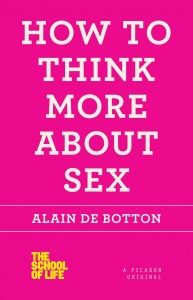 What are the plans for the School of Life books?
What are the plans for the School of Life books?
The books are part of a series of six, already published in the U.K., that are slowly making their way into the U.S. market. They're part of an attempt to rethink the "self-help" book. Most self-help books are problematic. They promise their readers eternal life, untold riches and an escape from every grubby aspect of being human. No wonder the unstated assumption of the cultural elite is that really only stupid people read self-help books.
The elite assumption is that life doesn't need to be navigated with lessons. You can just do it intuitively. After all, you need only to achieve autonomy from your parents, find a moderately satisfying job, form a relationship, perhaps raise some children, watch the onset of mortality in your parents' generation and eventually in your own, until one day a fatal illness starts gnawing at your innards and you calmly go to the grave, shut the coffin and are done with the self-evident business of life.
However, most of us will probably privately admit that living isn't entirely as simple as that--and that it might be useful to have somewhere to turn. That's where these six books come in.
What are you planning to write next?
I'm working on a book about art as a therapeutic medium. --Matthew Tiffany, counselor, writer for Condalmo
Alain de Botton: Thinking About Sex
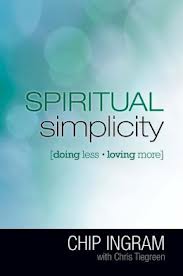 Begin with the soul: Spiritual Simplicity: Doing Less, Loving More by Chip Ingram (Howard, $19.99). Ingram says the remedy for driven lifestyles and shallow connections is to make sure love (as a verb, not a noun) is the #1 priority in our lives. Sonja Lyubomirsky takes on our beliefs in what constitutes being happy in The Myths of Happiness (Penguin Press, $27.95). Our culture's definitions of adult success block us from recognizing the upside of negative events and natural rites of passage. Lyubomirsky calls on us to regard our messy lives with a more open mind. For those who like to have a clear plan in hand, there is the NRSV Daily Bible (Harper, $25.99 paper). The entire Bible in 365 days--sounds doable, and perfect for those inclined to checking off markers.
Begin with the soul: Spiritual Simplicity: Doing Less, Loving More by Chip Ingram (Howard, $19.99). Ingram says the remedy for driven lifestyles and shallow connections is to make sure love (as a verb, not a noun) is the #1 priority in our lives. Sonja Lyubomirsky takes on our beliefs in what constitutes being happy in The Myths of Happiness (Penguin Press, $27.95). Our culture's definitions of adult success block us from recognizing the upside of negative events and natural rites of passage. Lyubomirsky calls on us to regard our messy lives with a more open mind. For those who like to have a clear plan in hand, there is the NRSV Daily Bible (Harper, $25.99 paper). The entire Bible in 365 days--sounds doable, and perfect for those inclined to checking off markers.



 What are the plans for the School of Life books?
What are the plans for the School of Life books?